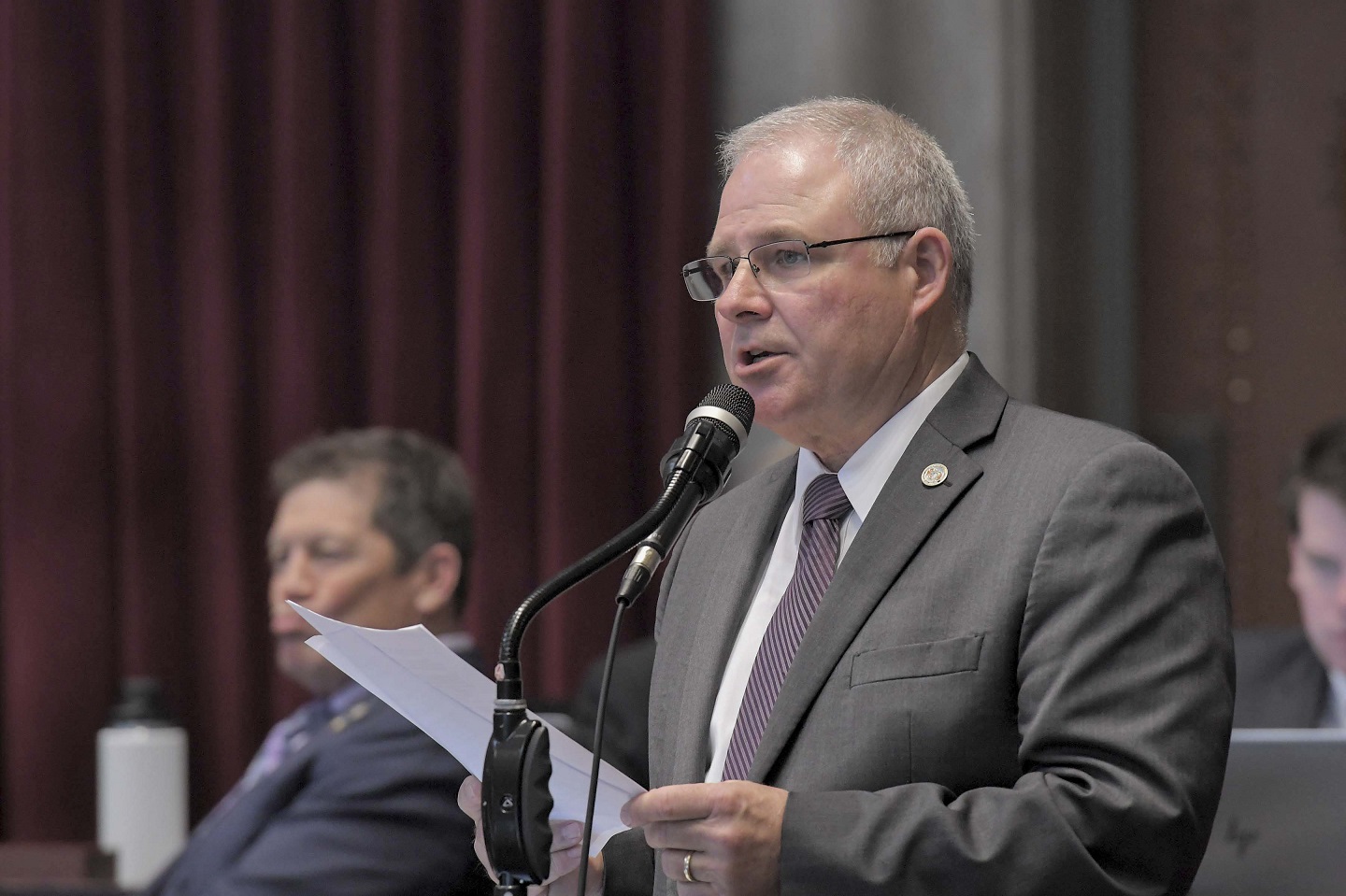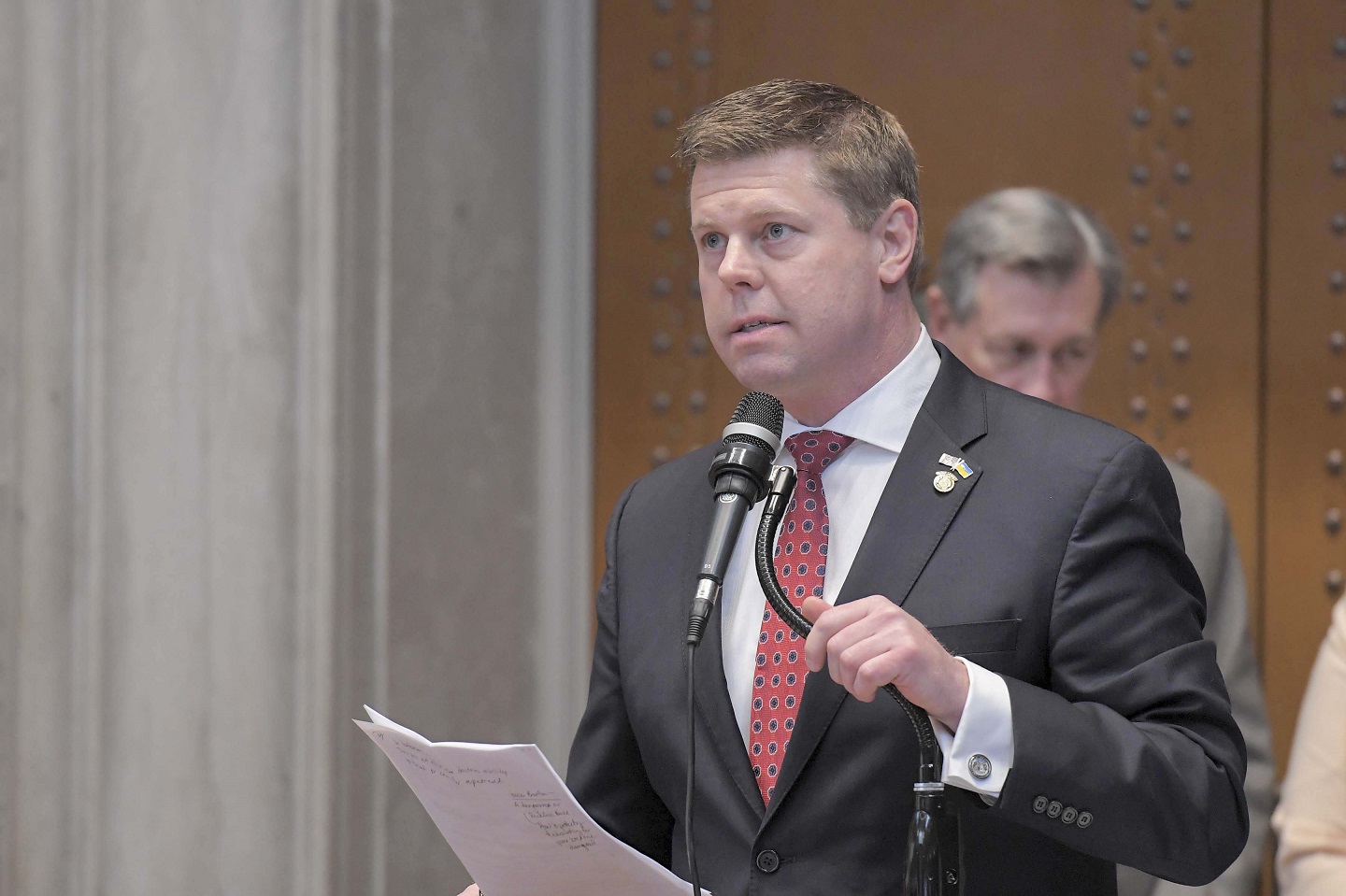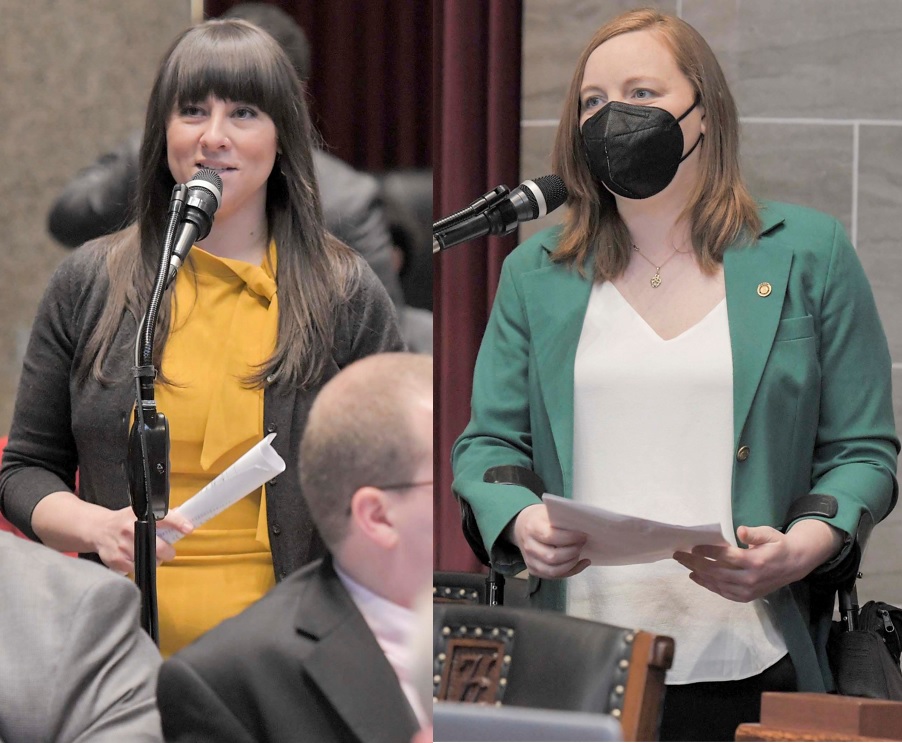The legislature has voted to ensure that Missouri patients can no longer have invasive medical examinations performed while they’re unconscious and without prior knowledge or consent.

Legislators were told that medical students and residents have been allowed and even directed to perform anal, prostate, or pelvic examinations on unconscious patients as part of their instruction, sometimes without those patients’ consent.
House Bill 402 contains several provisions regarding healthcare. One of those would specify that such exams on unconscious patients may only be conducted when that patient or their authorized representative has given consent; the examination is necessary for medical purposes; or when such an exam is necessary to gather evidence of a sexual assault. The legislature voted last week to send HB 402 to Governor Mike Parson (R) for his action.
Representative Hannah Kelly (R-Mountain Grove) sponsored that provision. She told House Communications, “The patient has the right to know what’s going on.”
She said her first concern regarding that issue was for survivors of sexual assault, some of whom she knows personally.
“If you talk to sexual assault survivors, often times they’re very hesitant, especially if they’re younger, to go seek healthcare and to have confidence to get the proper healthcare that they need. This was brought to me out of the concern that we make it abundantly clear in statute that if you’re going to put somebody under anesthesia in regards to any kind of female exam that they have full disclosure of what’s happening before you go under,” said Kelly. “I think anybody likes that, right? But especially if you’re a sexual assault survivor that’s something that is of utmost importance to make sure that you’re getting what you need from your healthcare provider because you’re hesitant, because you’re not secure and you’re not feeling confident of the process.”
The patient examination issue was an important one for legislators in both parties, and as a standalone bill, was voted out of the House 157-0.
Representative Patty Lewis (D-Kansas City) was glad to see it achieve final passage this year.

Lewis noted that this passage shouldn’t hamper students’ abilities to learn. She said they have other chances to receive instruction in such examinations.
Any health care provider who violates the new section of law, or any supervisor of a student or trainee who violates it, would be subject to discipline by their licensing board.
Kelly, meanwhile, encourages Missourians to ask questions of their healthcare providers and to makes sure they are made fully aware of what will happen if and when they are put under anesthesia.
The House voted 120-31 to send HB 402 to Governor Parson, who can now sign it into law, veto it, or allow it to become law without his action.







.jpg)




